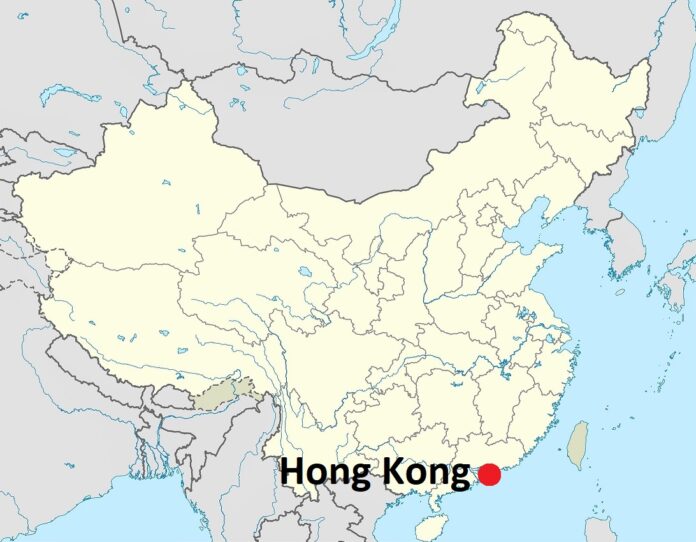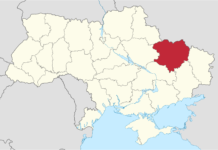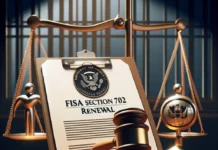The legislative framework of Hong Kong is undergoing a pivotal transformation with the introduction of the Safeguarding National Security Bill, scheduled for discussion within the 2024 legislative session. This development is part of the city’s commitment under Article 23 of its Basic Law to craft its own security laws that address various threats to its stability and governance. The move is aimed at filling in the legal gaps perceived in the wake of substantial protests and the changing geopolitical landscape.
Central to Article 23’s mandate is the prohibition of a broad spectrum of activities deemed threatening to national security, including but not limited to treason, secession, sedition, and subversion against the Central People’s Government. The 2020 National Security Law previously addressed some of these concerns, but the current legislative effort seeks to broaden the scope of what constitutes a threat to national security. This includes introducing legal measures against the sabotage of public infrastructure, unauthorized cyber activities, and establishing extraterritorial jurisdiction over certain offences.
Criticism and support for the proposed legislation reflect a divided public opinion. Human rights organizations and some sections of the international community express apprehension about the potential curtailment of freedoms and civil liberties. They worry about the broad and sometimes vague definitions of offences, as well as the extraterritorial application of the law, which could have far-reaching implications for freedom of speech and association. Conversely, proponents argue that such legislation is crucial for maintaining public order and safeguarding national security, thereby improving Hong Kong’s business environment and ensuring its prosperity.
The government’s efforts to promote the legislation and counteract criticism highlight the administration’s determination to proceed with its enactment. With the promise of establishing a secure and stable societal framework, the administration insists on the urgent need for the legislation to protect against both internal disruptions and external threats.
As this legislative process unfolds, Hong Kong finds itself at a crossroads, navigating its commitments under the Basic Law while balancing the imperative of national security with the preservation of the civil liberties that have defined its identity as a global financial hub. The international community remains attentive to these developments, aware of their broader implications for the region’s autonomy and the principles of freedom and democracy.
Image is licensed under the Creative Commons Attribution-Share Alike 4.0 International license and was created by Dagvidur.










